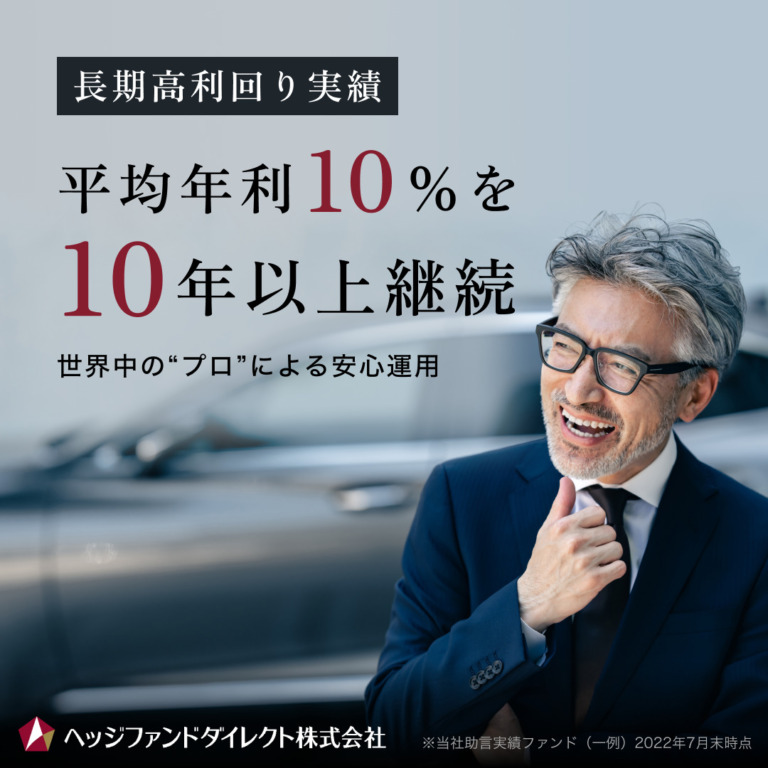I can’t remember reading a document quite as meaningless as the G20 communiqué after Seoul. I knew we were in trouble the moment I saw they had come up with a catchy phrase “Seoul Action Plan” and then used the phrase “root causes” to describe some of the problems. How very 20th Century management speak. That so many grown men and women could come up with three pages of verbiage and declare it a success has stretched credulity to breaking point.
That is not to deny there are some very difficult issues to be resolved, most of all the intractable imbalances that exist between trading nations. The G20 talked time and again about them. But this is much more than a simple “the Americans import and the Chinese export too much.” These deficits and surpluses are merely manifestations of underlying economic strengths and weaknesses that have allowed the situation to arise in the first place. And now these problems have to be addressed before the pressure in the economic cooker gets too great and the whole thing becomes in danger of exploding again. The G20 didn’t even make a start.
Fundamentally, the Chinese (and for that matter, the Germans) need to stop regarding the rest of the world as their sales market and start introducing policies that foster the domestic market in its own right. Similarly, the US (and for that matter add in a dose of other European countries) need to stop fostering policies that ultimately create asset bubbles which eventually explode.
But these are tectonic shifts in economic policies that won’t happen overnight. They will involve economic thinking at the highest levels. Probably not since Bretton Woods in the 1940s which set up a series of fixed exchange rates based around gold have the world’s economic thinkers come together to try and build a new way of doing things. There have been several feeble attempts to do this since Bretton but, frankly, they have never got very far; probably because the stakes were not so high.
Some will suggest that the stakes are not that high this time either. They would be wrong. While there is no continent sitting in rubble as Europe was post 1945, the economic landscape in large parts of the developed world does look like its been hit by a nuclear bomb and that is just as significant in our globalised world.
Just before the G20, the President of the World Bank, Robert Zoellick said that there would probably need to be such a meeting, at some point. His comments got lost in the fuss over his suggestion that gold should play a greater role in exchange rates. Oh well. He tried.
So the best we have is the G20’s agreement to prepare “indicative guidelines” for officials to monitor when countries economies are getting out of balance.
Please. Don’t ask what “indicative guidelines” means, what are included and what are not. And most crucially, what happens when they are discovered. No-one really knows. It is a work in progress.
This was the best they could get, while countries like the US and China remain so far apart. Sad but true.
Does it matter, you properly ask? Not immediately. The Chinese will continue to suck up vast surpluses, which they will invest in dollars (and euros). The US currency will wobble every now and then. But the Rockettes will still dance at Christmas, and the American Consumer will eventually return as the darling of the world.
What I think is particularly galling is the way the rest of the world views the United States and the strong whiff of hypocrisy. On the one hand everyone wants the US to returns to strong growth sooner rather than later. That way they can continue exporting as much as possible. After all the US is the largest single market in the world.
But when the US introduces policies like, QE2 which might actually help it get there, or at least prevent things from getting worse again, then countries like Brazil and China are up in arms claiming that the US is exporting its problems. You can’t have it both ways. Either the United States has to look after its own interests first, to help everyone else, or we are on our own.
Unless of course everyone is prepared to sit down and actually negotiate a new way of doing things. And as we have seen there is little chance of that.
– End –
Richard Quest is a CNN correspondent based in London, host of the weekday one-hour program “Quest Means Business”. For program highlights and more, go to www.cnn.com/qmb
